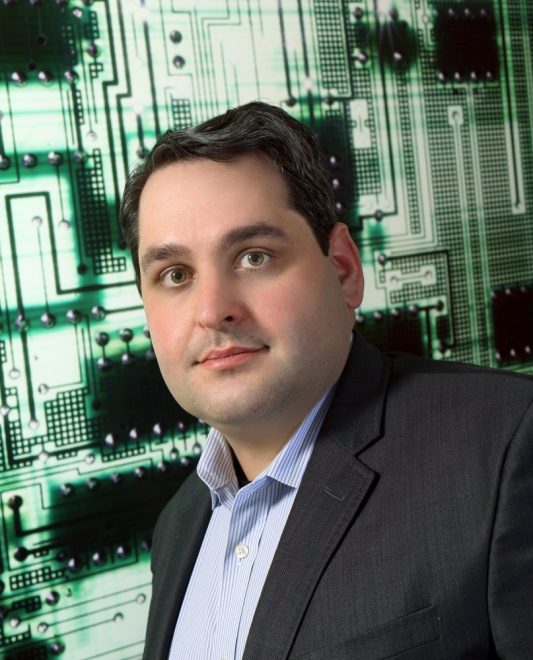About
Overview: Adolescents with congenital heart disease are at risk of decline in cardiac function that can follow unpredictable time courses, from sudden deterioration to gradual progression. Current clinical scheduling relies on fixed intervals with minimal individualization, leading to suboptimal timing of evaluations. Many patients are assessed either too late (after substantial decline) or during low-yield periods when no intervention is needed. This research will develop a continuous monitoring system using consumer-grade wearable devices to optimize the timing of clinical evaluations. We will use passive monitoring of physiological signals to alert when clinical reassessment is warranted, enabling truly individualized timing of patient care.
Aims: Using machine learning models that predict cardiac functional status using continuous data from wearable devices, including physical activity patterns, heart rate variability, and oxygen saturation trends we will monitor cardiac function and predict future decline. The goal is to achieve a high degree of accuracy for key metrics like ejection fraction and exercise capacity. We will design algorithms that identify early signs of cardiac deterioration by analyzing trends and mathematical landmarks in continuous physiological data streams. These systems will generate alerts when clinical evaluation is needed.
Impact: This is a fundamental challenge in chronic disease management: the optimization of the timing of clinical evaluations. By shifting from fixed scheduling to physiologically driven assessment timing, the work has potential to allow early detection of deterioration, reduce unnecessary healthcare visits, and optimize resource allocation.
Accepting Students
Through this study, students (both MSc and PhD) will develop expertise in signal processing, machine learning, clinical cardiology, and health technology assessment. They will gain hands-on experience with consumer health technology, time-series analysis, neural network architecture, and clinical research methodology. Students will work directly with clinical teams, gaining insight into healthcare workflows and patient needs.

